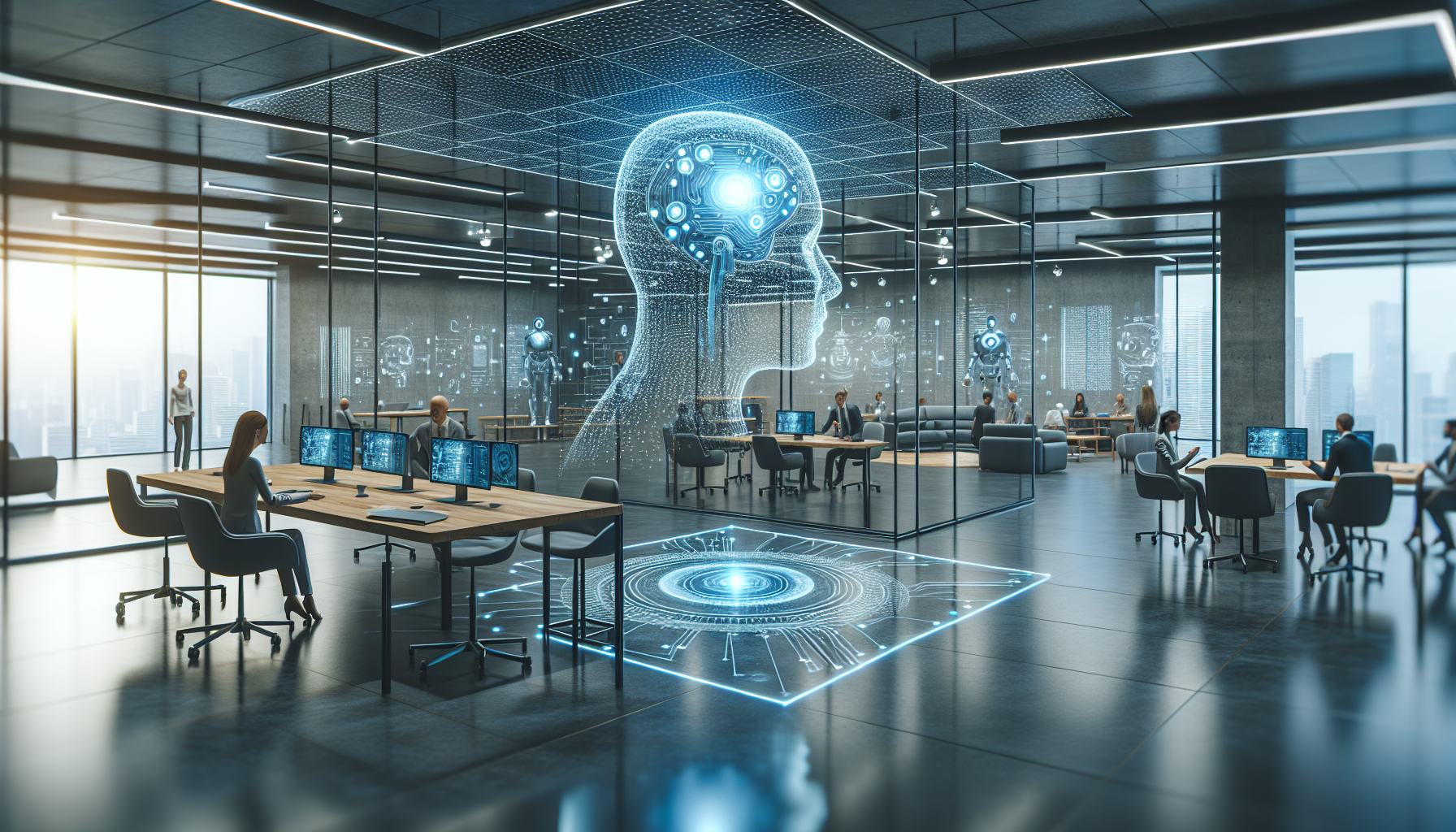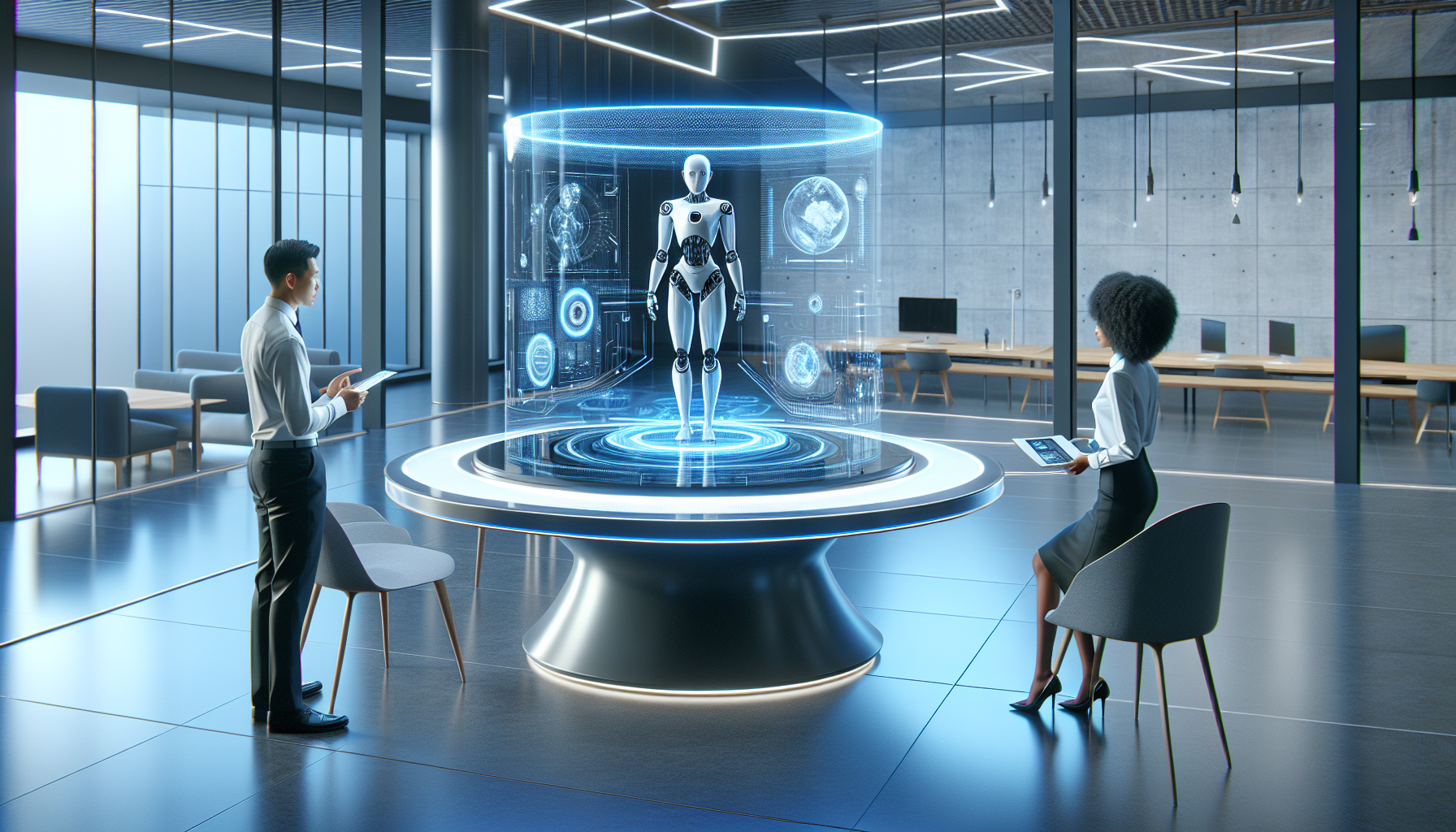
AI in the Legal Industry: How Technology is Transforming Justice
September 4, 2025
The legal industry, often seen as a bastion of tradition and meticulous deliberation, is undergoing a remarkable transformation. Artificial Intelligence (AI) is not merely knocking on the door of law firms and courtrooms—it’s stepping in with a promise to streamline processes and enrich case analysis. This revolution is quietly altering the landscape of justice, making it more accessible, efficient, and perhaps, more just.
Imagine a world where legal teams can sift through mountains of case files, precedents, and statutes in mere moments. AI is making this possible, turning what was once an overwhelming task into a manageable, even exhilarating, challenge. Lawyers now have the tools to focus more on the strategic elements of their cases rather than drowning in paperwork. This shift allows for a more thoughtful engagement with the nuances of the law, paving the way for better client representation.
One of the most profound impacts of AI in the legal industry is its ability to perform predictive analysis. By processing vast amounts of data, AI can foresee potential outcomes and suggest viable paths forward. This is not about replacing human judgment but enhancing it. Lawyers are equipped with insights that can guide their decisions, helping them anticipate the moves of opposing counsel and prepare counter-strategies with unprecedented precision.
AI’s ability to streamline administrative tasks cannot be overstated. Legal professionals often spend countless hours reviewing documents, a task AI can execute with remarkable accuracy and speed. This does not render human expertise obsolete; rather, it liberates legal minds to focus on the complexities that truly require human insight and empathy. By freeing lawyers from the shackles of routine tasks, AI allows them to dedicate more time to client interaction and case strategy, which are the heartbeats of legal practice.
Furthermore, AI is democratizing access to legal resources. With AI-driven platforms, smaller firms and individuals without deep pockets can access the same level of information and analysis as their larger counterparts. This leveling of the playing field is a harbinger of a more equitable legal environment, where justice is not just a privilege for the well-resourced but a right accessible to all.
The ethical implications of AI in law are a topic of ongoing debate. Concerns about data privacy, bias in algorithms, and the transparency of AI decisions are valid and must be addressed with vigor. However, these challenges should not overshadow the potential for AI to serve as a force for good. By fostering a symbiotic relationship between human expertise and machine efficiency, the legal industry can navigate these complexities and emerge stronger.
In-house legal departments are also reaping the benefits of AI. Companies are utilizing AI to manage compliance, contract analysis, and risk assessment. This proactive approach not only mitigates potential legal issues but also aligns with broader organizational goals, enhancing overall business performance. AI-driven tools are transforming how companies view their legal departments—not as mere cost centers, but as integral components of strategic planning and risk management.
The journey of AI in the legal industry is just beginning, and its potential is boundless. The narrative is one of collaboration, not competition, between human and machine. As AI continues to evolve, so too will its applications within the legal sphere. The key lies in embracing this technology as an ally in the pursuit of justice.
What does the future hold for AI and the legal industry? Perhaps the most exciting aspect is the unknown—the innovations yet to be discovered, the breakthroughs that will redefine how we perceive law and justice. The enduring spirit of the legal profession, coupled with the transformative power of AI, invites us to imagine a future where legal barriers are dismantled, and justice is truly within reach for all.
As we stand on the cusp of this transformation, one must ask: How will we harness the incredible potential of AI to ensure that justice is not only served but also enhanced? The answers may shape the very foundation of legal practice and redefine what it means to advocate for justice in the modern world.


